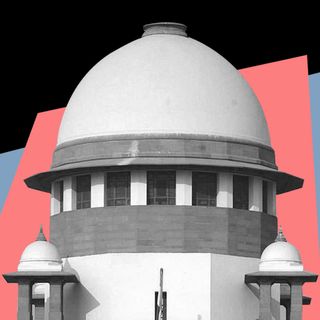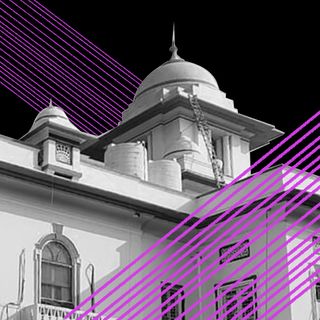Haryana Assembly passed a bill Thursday that holds planners of a protest liable in case of damages to public or private property during an agitation. Titled the “Haryana Recovery of Damages to Property During Disturbance to Public Order Bill, 2021,” the legislation coincides with the ongoing farmers’ protest across Delhi borders and parts of different states, including Haryana. Many have pointed out the Bill can be used to intimidate and harass protesters, including farmers.
Haryana’s home minister, Anil Vij, while introducing the Bill said it had nothing to do with the farmers’ movement. The Bill states that “any person leading, organizing, planning, exhorting, instigating, participating or committing such incidents that lead to damages” is legally liable to pay compensation. The recovery includes any damage caused to both private and public properties, including any property owned by the state and central governments, as well as the amount incurred in sending any additional paramilitary forces to maintain peace during such movements.
“We are not against a peaceful protest. We are not bringing this Bill against peaceful protests. But it only caters to the damage caused to properties,” Vij said in the assembly earlier this week while tabling the Bill.
The Bill was passed yesterday despite loud opposition to its direct and indirect impact. “It is a bill that takes us away from democracy and encourages dictatorship. It is anti-people,” leader of opposition Bhupinder Singh Hooda said in the House.
Related on The Swaddle:
Stop Judging People’s Motives for Protesting
The opposition to the bill points out the Indian Penal Code already includes provisions to deal with rioting and resulting damage. Another concern is to do with Section 8(2) in particular of the new bill, which states that anyone “planning” or “participating” in public protests could be asked to pay compensation for the damage caused. Out of the hundreds of thousands of people present in any protest or gathering, who should bear the claim of compensation is a grey area — one the police will decide, as the bill positions them to recommend to a court tribunal who should pay for the damages. This further raises concerns on the impartiality of the police force and whether the bill could be used as a way to punish dissenters. The Wire notes that such laws are usually an excuse to divert attention from police excesses.
It also raises questions about who is responsible for how an agitation turns out. Protests are a way for people, who agree on certain issues and demands, to voice collective concern; but there can be no way to screen participants. The origin of violence that eventually leads to property damage is almost indiscernible in such a case; even the actions of official forces could lead to such a scenario. The Harayana bill could make it easier to shift the blame on ‘planners,’ rendering them defenseless. The bill uses the word “instigator,” an opposition member pointed out, making the legislation a “vindictive piece.” The farmers’ tractor rally on Republic Day turned violent after the police clashed with a group of farmers who were different from the umbrella union; who is liable to pay in such a scenario — the union or individual farmers or the police — is a question to consider.
Haryana is the third BJP-ruled state in the nation that has passed a Bill to seek recovery of damages during any protest. The bill, and now-law, also notes that no civil court can entertain questions relating to the compensation imposed: “No injunction shall be granted by any civil court in respect of anything which is done or intended to be done by or under this Act.”




